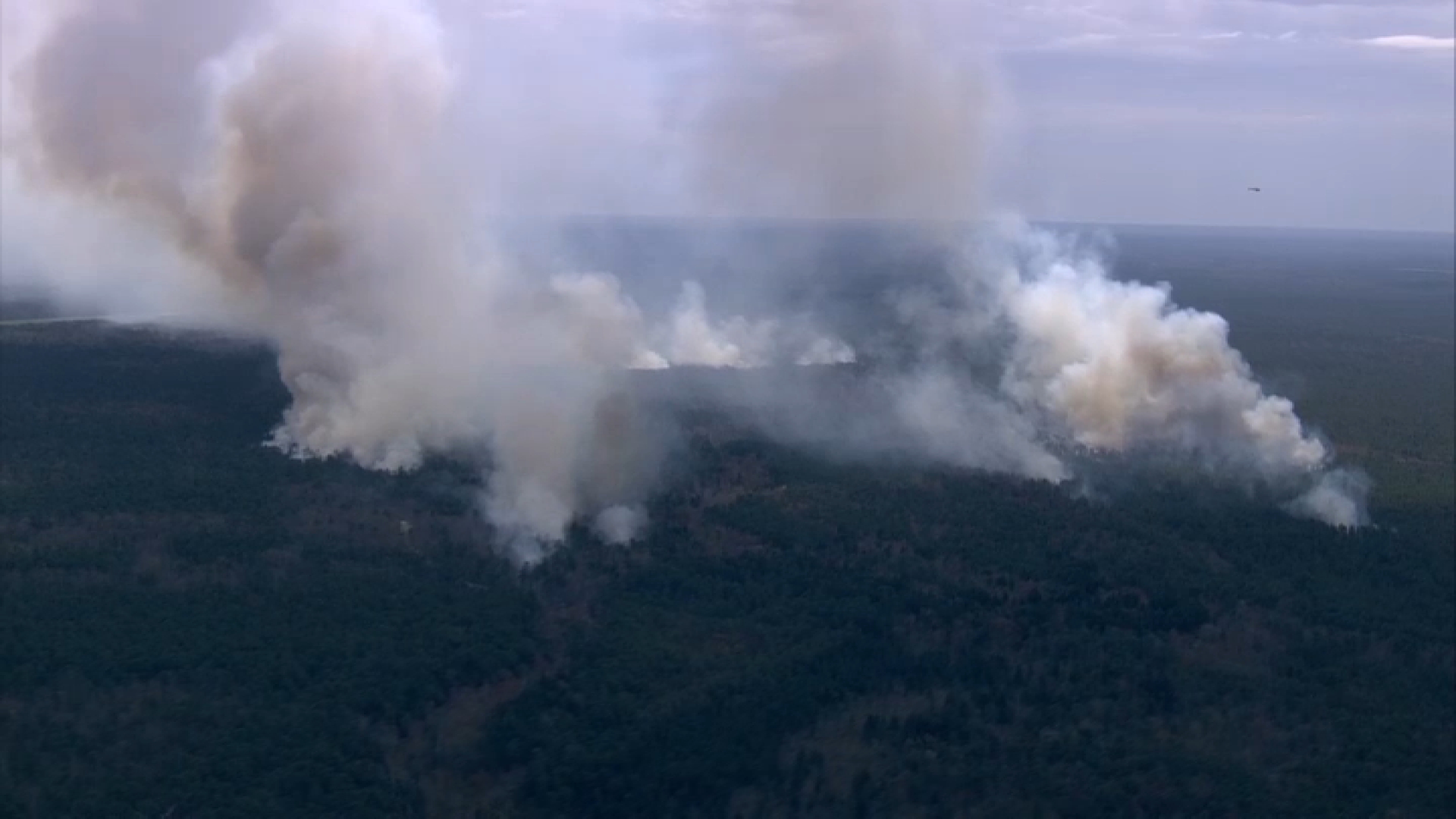A ballpark on Camden's Waterfront has seen fast balls, fly balls and foul balls.
But pretty soon, Campbell's Field will face the wrecking ball.
The Camden County Improvement Authority is seeking bids for demolition of the cozy brick stadium, built only 17 years ago in a bid to boost tourism in the city.
It's dismaying, of course, to see a $35 million facility written off like a failed free agent.
Or casually dismissed like the Camden Riversharks, who lost their lease at the 6,700-seat park in 2015.
But bidding documents makes clear that razing the past is a time-honored tradition at the Delaware Avenue site.
Who knew, for instance, that a company made soap there from 1905 through the early '60s?
Local
Breaking news and the stories that matter to your neighborhood.
There's no sign anymore of J. Eavenson & Sons Co., which is probably a very good thing.
After all, a document notes, the suds producer maintained storage sheds "for hides and pelts," a boiler house (ugh) and a melter house (double ugh).
Head back to 1926, says a massive report, and you'd find two lumber yards there, along with the soap maker, a Campbell Soup Co. warehouse and rail lines beneath the just-opened Ben Franklin Bridge.
The roughly 10-acre area was on its way to becoming heavily industrialized — with factories, piers and a 50,000-gallon water tank that have since vanished.
But for me, the biggest surprise comes earlier — with a description based on an 1891 map.
"The site is not present at this time and appears to be composed of the Delaware River," notes a report prepared by Pennoni Associates Inc.
So how did it become dry land?
Well, it seems two islands in the river — Windmill Island and Smith's Island — were dredged out of existence in the 1890s.
"To relieve hazards to large ferryboats, these islands were removed with much of the material possibly being used to fill the site," says the report.
It notes parts of the stadium area remained underwater into the 1970s.
By that time, workplaces like Campbell Soup canning and tomato-processing plants were yielding to a forlorn landscape of parking lots and vacant land.
The ballpark, which will make way for a city-owned athletic complex, isn't looking too good these days.
A sheet of plywood covers a shattered window near the main entrance. Flattened cardboard on a bench and a pillow on the ground suggest some people are finding a home there.
And finally, consider the memorial garden planted after the 2003 death of Riversharks founder Stephen Shilling.
"His vision brought this 'Field of Dreams' to the Camden Waterfront," proclaims a placard attached to a sculpture of a baseball.
But the sign is spider-webbed with cracks, the ball has been vandalized and the tiny garden's filled with trash.



